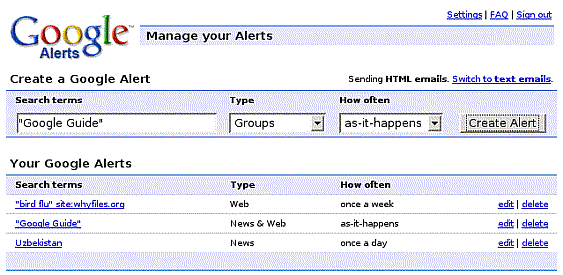In the U.S. at the end of 2007 there are well over 10 billion unique searches done each month. Of those searches 4 billion have Local intent (42% increase from 2006). Out of all local business searches, 86% of Internet users follow up their search with a phone call or a visit to the store. Of those, 61% end up making a purchase.
On top of that data, respected technology experts around the world think the world of mobile search is ready to take off in 2009 and 2010. In some places around the world, like Japan, many of these technologies are already in place. They’re in use even in the United States, with more sophisticated devices like the iPhone. Mobile searches are primarily going to pull their results from Local Search Engines.
So what are the pieces to Local Search Listings?

Local online directories such as Google® Maps and YellowPages.com™ are the Internet yellow pages. Profiling your business in these directories is similar to listing your phone number in the traditional yellow pages. Today, customers turn to the Internet to find a pizza store, a beauty parlor or a home improvement contractor in their area. Make sure your business is listed in local online directories where customers are looking for it.
So how do I submit my Business to Local Search Engines, Online Yellow Pages and Local Social Networks? And how do I update or correct wrong entries? - Sometimes this isn't easy to figure out!- For some sites you can do that online, through an online interface, but in other cases you will need to contact the Core Data Provider of the site in question.
Taking control of your business' Local Search Information is the Key to any effective Internet marketing strategy. I can help you to find the right pages on the sites and give guidance to how & where each site (ex. Google, MSN, Yahoo) get their business data from - because only if you know that you can control it. Email me for FREE 20 minute appointment.





